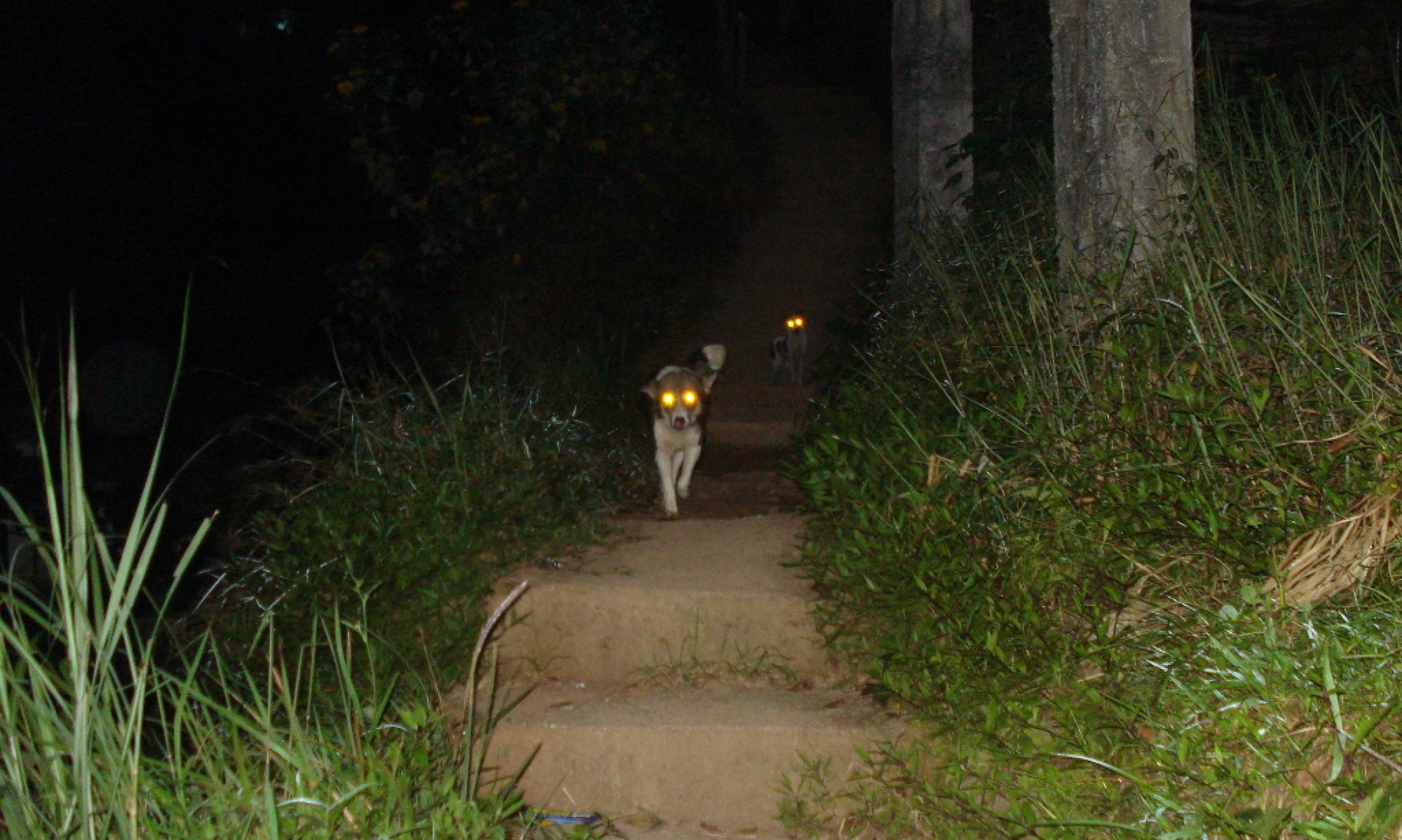It took me seven years of activism more or less — from 1970 to 1977 — to control and channel my adolescent anger and arrogance.

It was hard enough, especially for a teenage activist who saw up close the Marcosian state violence that claimed the lives of fellow street marchers and, under martial law, comrades in the underground. It was an extra challenge, for one who believed he had all the answers in his hands and had the right to lash out at anyone who questioned his political and ideological beliefs.
Let me get that right: This doesn’t mean that angry activism automatically leads to arrogance or blind, brash action. They don’t. This also didn’t mean that, prior to 1977, I was a seething, roiling cauldron of dysfunctional behavior that exploded and splattered onto other people, hurting them in random ways. I wasn’t.
In fact, I’d like to believe that even as a rebellious kid (in fact, a vicarious war freak with a nihilistic streak), I avoided picking fights and was generally a well-balanced guy. But it did mean that, being an activist involved in the life-and-death struggles of the anti-dictatorship underground, I often got into situations that quickly heated up and made me say or do combative and insolent things that I later regretted. You could say I had a bit of anger, angst, and ego management issues.
A lot of stuff happened to me from 1977 to 1991 that helped me resolve these issues. To put it simply, I gradually matured. This didn’t mean that I lost the capability to get angry, to criticize others, or to stand my ground. It simply meant I learned to put these flammables into a combustion chamber, and to use them as fuel to run my engines.
More of this later, in some other blog piece, but let’s press the Fast Forward button to 1992. This is the year I discovered bulletin board systems (BBS) with their message boards and — coming right up after the BBS wave — the Internet especially with its Usenet groups.
What has this got to do with anger, angst, and ego management? Well, it turns, out — a lot. And that’s because — as everyone knows by now — the Internet and other online channels multiply a hundred-fold the impacts of interpersonal communication, both the negative and the positive. At the same time they flatten the subtle signals of nuanced, face-to-face communications. In short, even the slightest miscues in your online phrasing can make you look like an intolerable, frothing-in-the-mouth bully even if in real life you were in fact a timid, can’t-hurt-a-fly dork.
It’s a well-known phenomenon, traced by writers in Scientific American, New Yorker, The Guardian, Slate.com and many others, to such factors as anonymity, physical distance, asynchronicity, and the ambiguity of informal writing, which lead to disinhibition, lack of accountability, and diffusion of responsibility. The notoriously quarrelsome hordes of commentors on web pages and Facebook posts nowadays are merely the latest incarnations in a long evolutionary line.
Cyberspace has created its own typology and jargon for recurrent online fights (aka “flame wars” or “holy wars”) and the misbehavior often associated with them, especially the many variants of flaming and trolling. From 1992 to 1994, I’ve had my own fill of these many variants — mostly as an online lurker, but also sometimes as the initiator and thus consequently the receiver. Yes, the practice is addictive like a hacker’s Jolt Cola. And just as debilitating. In nine out of ten, flame wars generate more heat than light. I quickly realized the dangers and the time wasted, even when the topics were relevant social issues of public interest. I soon lost the taste for these endless gladiatorial contests, although I take a quick peek and poke occasionally, just to see if the blood-letting is still as gory and as relentless as before.
So now it’s been nearly 40 years of having outgrown my infantile activist anger and arrogance, and 20 years of immunization from the online traps that could recreate those monsters of my youth. Maybe it’s time for me to share a few rules of thumb that could help my young activist friends (and also a few old ones) outgrow theirs.
1. Seek truth and self-clarity. Your first aim is not to win an argument, crush the opposition and prove yourself correct. Your first aim is to rise to a higher level of understanding, to seek the bigger truth. And not merely that, but to seek your right place within that truth. Your first aim, in short, is to seek self-clarity. Your next aim is to share this higher understanding, and in the process open the doors to still bigger truths. Be like young grasshopper Kwai Chang Caine.
2. Channel your anger and ego. It’s natural and productive to have a healthy sense of outrage, to be angry at social, political, and cultural monstrosities. The same is true in having a healthy sense of ego. But learn to channel your anger and ego into something solid, creative, analytical, noble, sustainable, and fruitful. Otherwise, you will self-destruct.
3. Choose your battles well. Be strategic in your aims, tactics, and methods. Don’t strike only for the sake of winning one round. Make sure you pick the right adversary and targets. Take your tactics seriously so they result in strategic advances. Engage only those battles where you are sure to win at the least cost. If you’re unsure, retreat quietly and take time to review your objectives and options. Like great boxer Muhammad Ali said: Float like a butterfly, sting like a bee. Study Sun Tzu. And like Mao said, in a more recent political context: Fight your battles on just grounds, to your advantage, and with restraint.
4. Soar like an ant on a leaf in the wind. Know that you’re just one among millions of others, yet you can make a difference. Emulate Norman Bethune and the Foolish Old Man Who Removed the Mountains. Your behavior will always be part of the swarm, yet each little action by each connected individual will influence the swarm. Understand chaos theory. Know that a butterfly flapping its wings in the East will, in certain conditions, cause a thunderstorm in the West. Soar like an ant on a leaf in the wind.
5. The point is to reshape the world. Channel your anger and your ego, yes, but not for the narrow reasons of survival and self-satisfaction. Don’t fight just for the sake of fighting. Don’t seek the truth merely for truth’s sake. The point is to reshape the world, to help resolve its conflicts, and thus to make it a better place for the most number of people.
At the end of the day, take some time off to appreciate and apply philosophy. Contemplate the Zen of biking. Make your anger cold and analytical, because it takes all kinds. #

